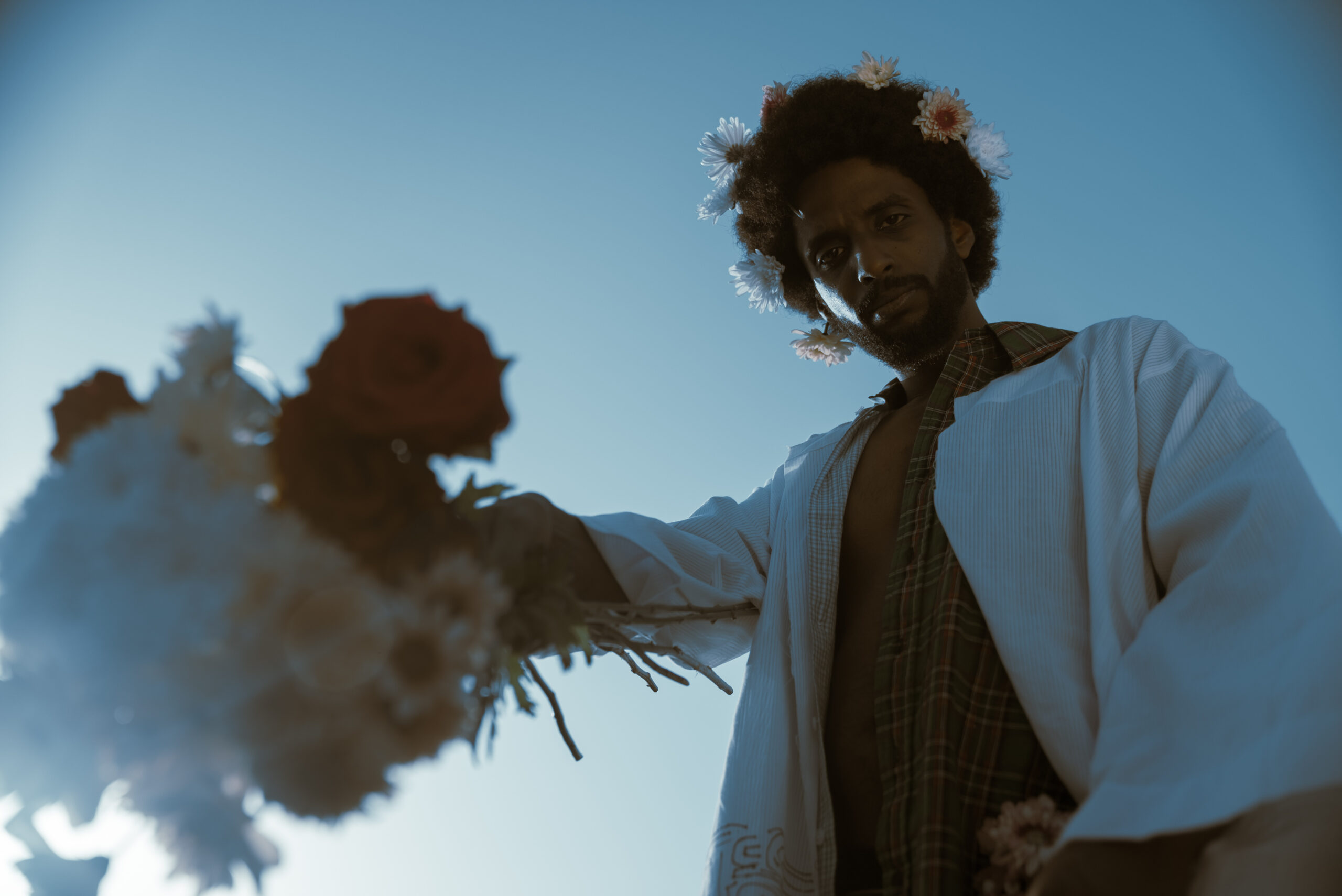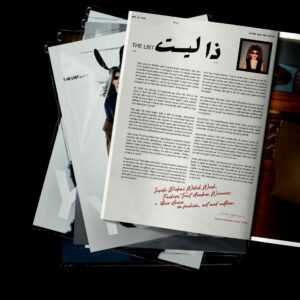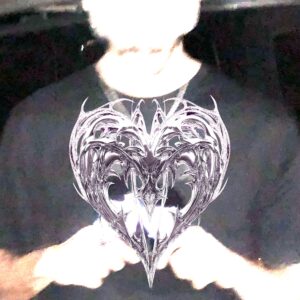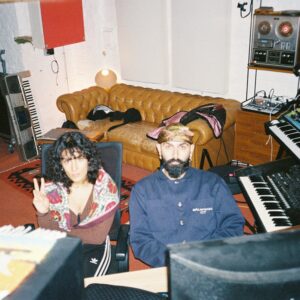On the 11th of June, the day he turned a year older, Mahdi Ali Nouri, known artistically as MaMan (Instagram), crossed the Egyptian border. It was his birthday – a “synchronicity”, as he called it. He departed Sudan as it spiralled into war, carrying not just his belongings, but the weight of leaving behind everything familiar.
Amidst the chaos of relocation, “I tried to do as much good as I could along the way,” he reflects, his efforts to contribute positively became a coping mechanism in the face of displacement and loss. “I didn’t want to feel like a burden. Fixing speakers at the mosque, helping out where I could.” This transition, though marked by fear and uncertainty, was also a quest for stability and meaning. “It’s about feeling useful. It wasn’t about the future then; it was about finding a stable place to think about what comes next.”
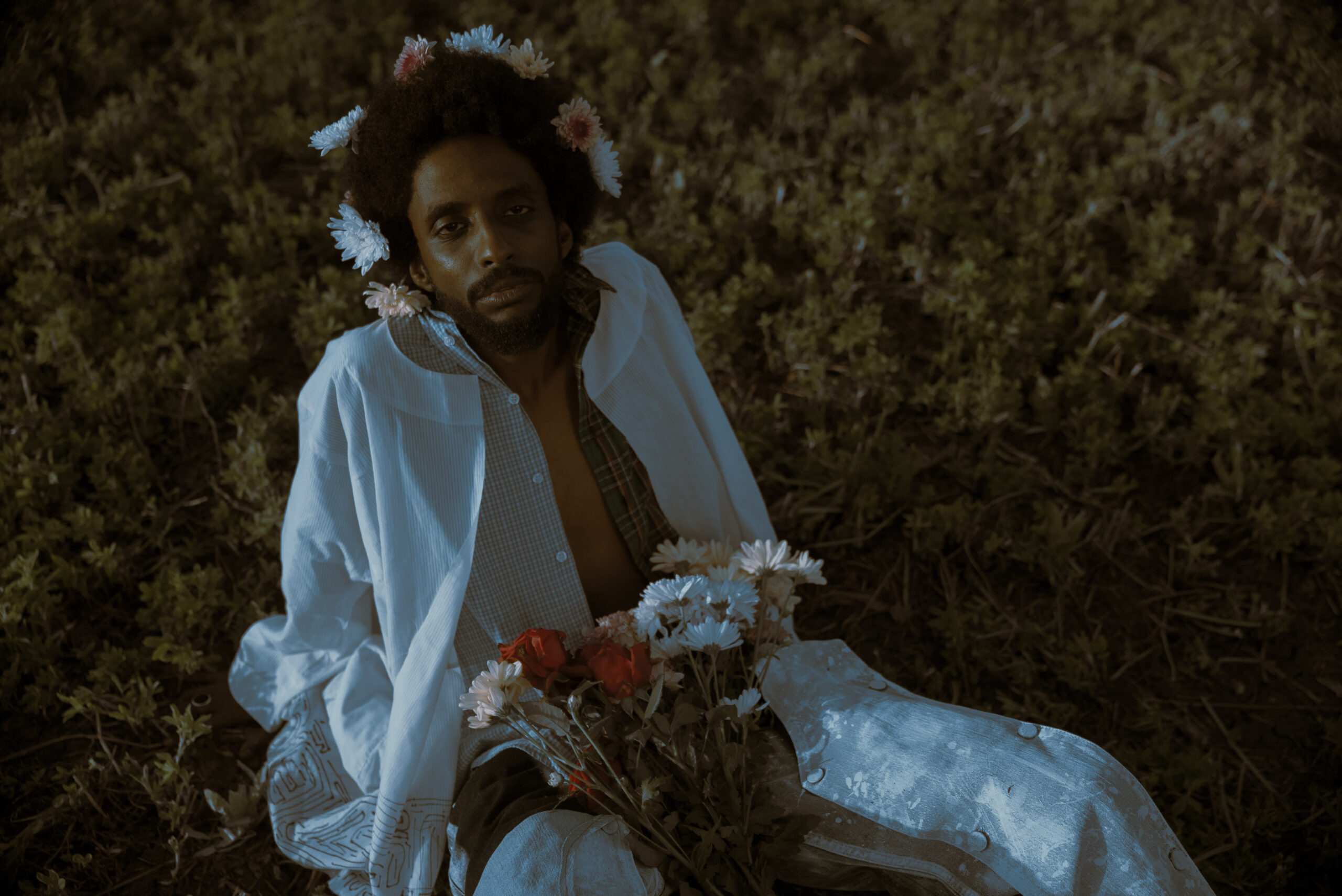
“There’s still a feeling of Sudan here in Egypt,” MaMan muses, but his eyes are set on the future, on finding a place to call home. “I’m keeping my options open,” he says, aware that while Sudan rebuilds, he too must reconstruct his life and career in a land that is both new and familiar, in hopes of returning one day with something to contribute.
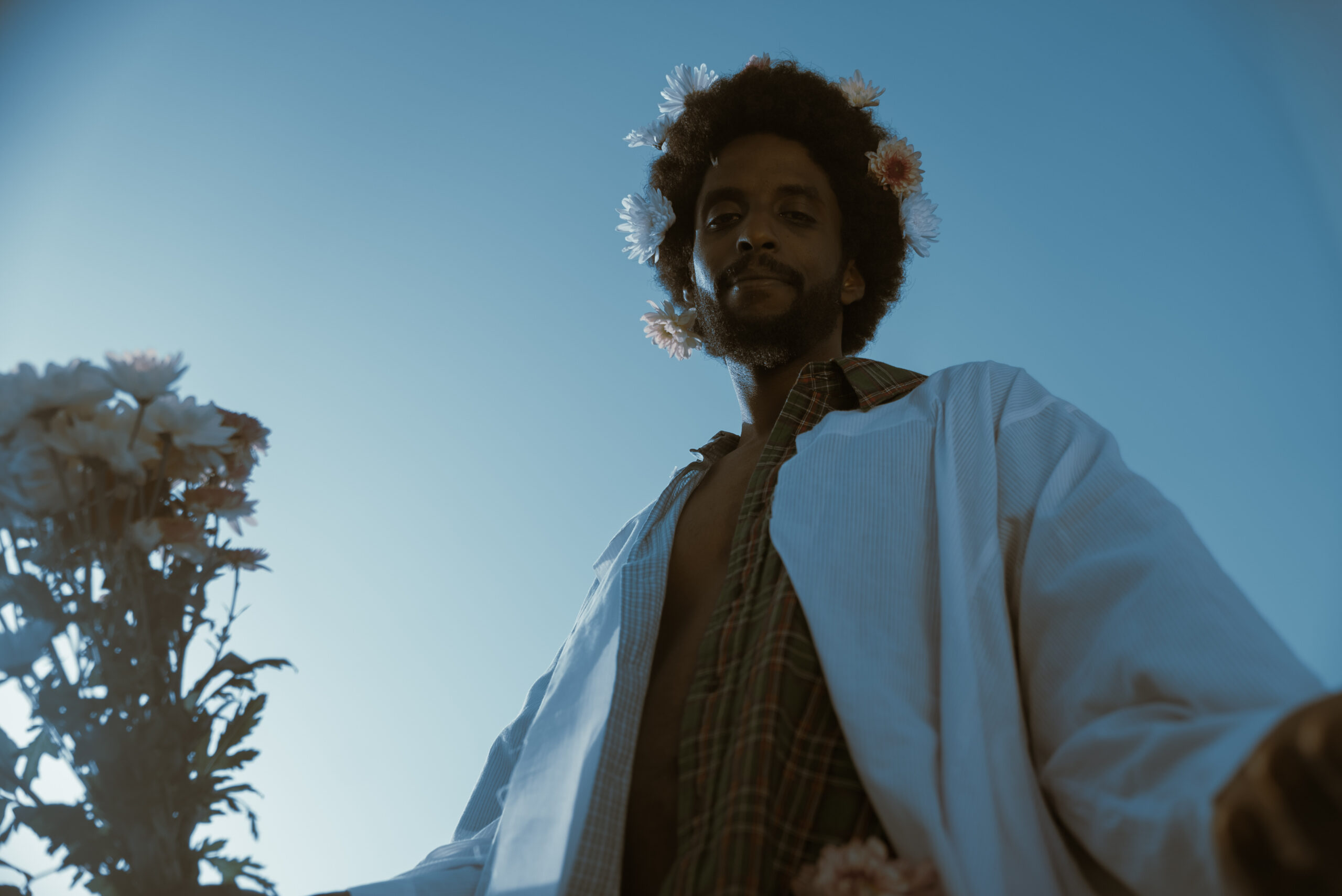
“Moving from Sudan to Egypt is a life-changing experience,” he states. “You can try to put whatever label on it, but it is a life-changing experience on the simplest level.” The war in Sudan uprooted him from the comfort of his cherished studio, a small room on his roof, which he fondly called the ‘fourth dimension’. “Leaving Sudan meant leaving behind my comfort zone, my space where time flowed at a different pace,” he recalls. “But it also opened my eyes to the broader canvas of life and music.”
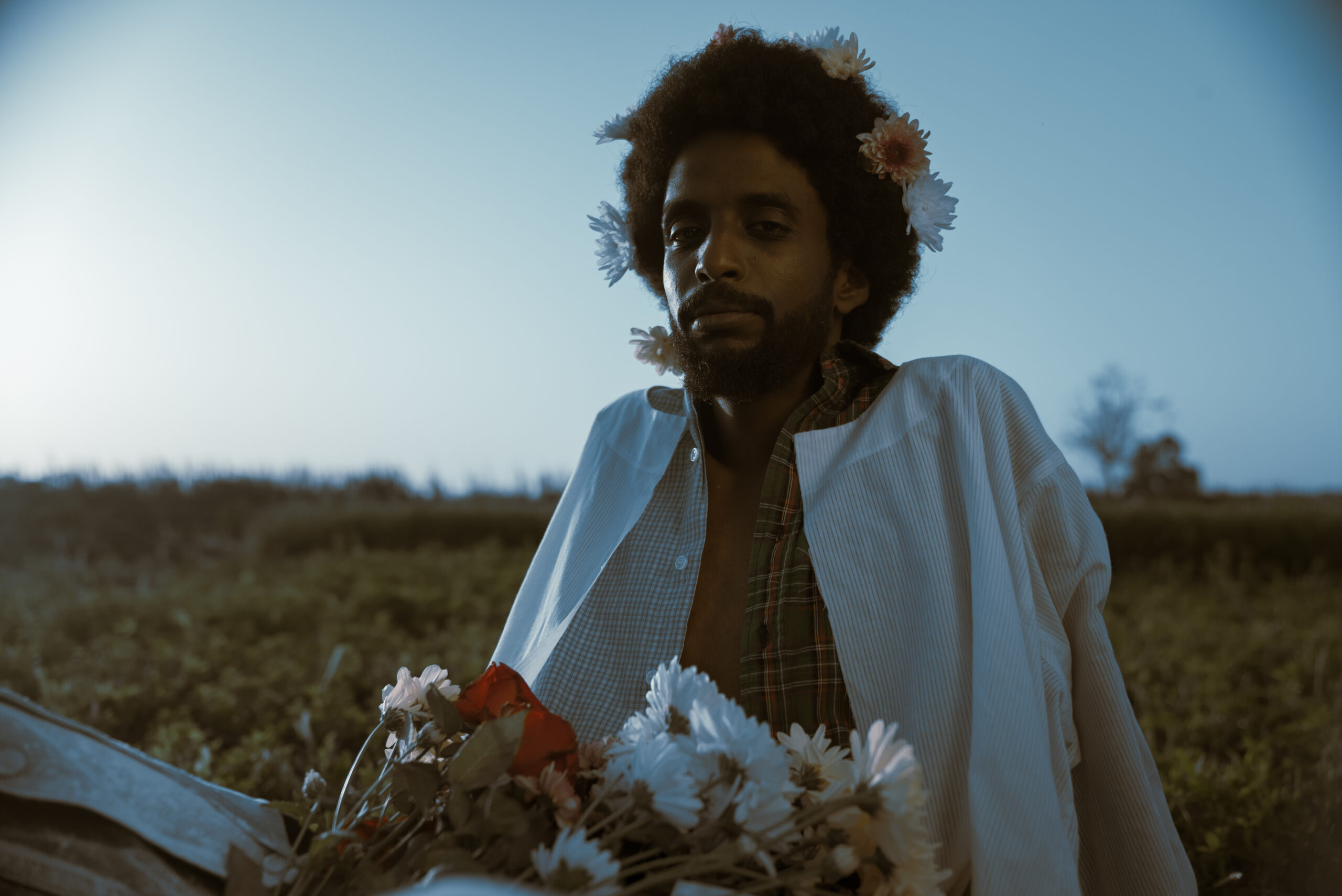
MaMan’s story starts in Khartoum. It was here, in the age of Bluetooth, when sharing a song felt like a clandestine operation, that MaMan began to find his voice. It was a time when the seeds of Sudan’s rap culture were just being sown in places like the Greenyard, where rap battles and lyrical showdowns drew in crowds and birthed legends. “There was always people rapping and I used to go to be like, here, I’ll show you my song. I’ll send it to you on Bluetooth or put it on Zip Cloud and then 200 people download it, you’re like, Oh my God, who are these people downloading my stuff?”
Mahdi’s early days were a mix of experimentation and discovery. “In high school, I used to DJ with a computer, an actual CPU,” he laughs. His journey into music wasn’t always linear. It was a series of starts and stops. “I used to quit a lot of things” he admits. “I would learn violin and then quit. I felt like music wasn’t there always.”
But it was in singing that he found something unshakeable. “It’s like something awoke in me when I started singing. It became a form of healing,” he reflects. “I think I did it out of spite at first. Nobody wanted to take it seriously. So I’m like, OK, cool. I’ll tell you what, I’m actually doing it. So I did everything – write, sing, engineer, make beats, manage artists,” he says. This do-it-yourself spirit catapulted MaMan into the heart of Sudan’s evolving scene.
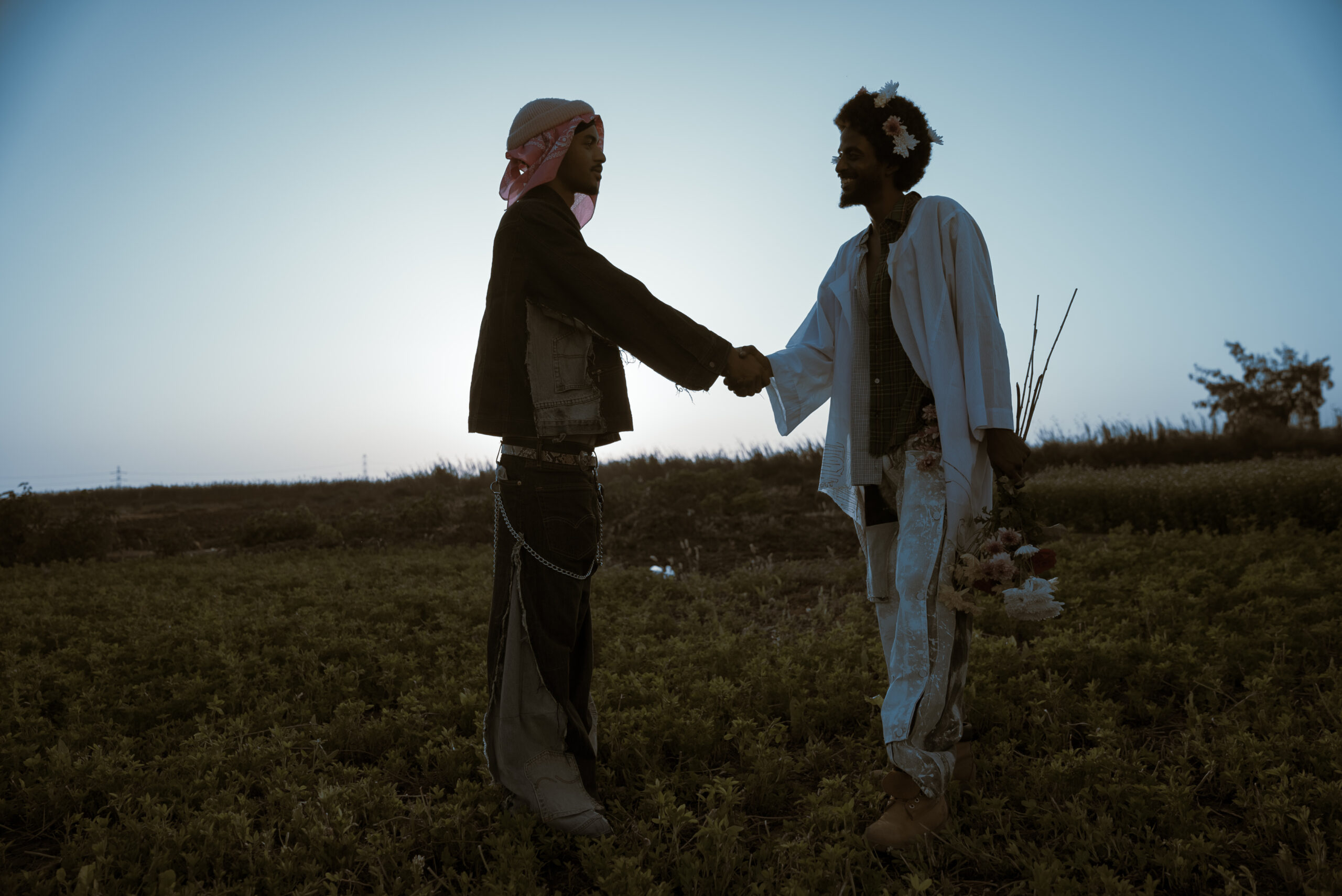
He started rapping at 16 and that later gave way to singing, his velvety voice finding a home in the rich textures of R&B. Collaborations and experiments followed, leading to the release of his debut EP, “Eyes of a Gemini,” a project that showcased the duality of his persona and his knack for storytelling.
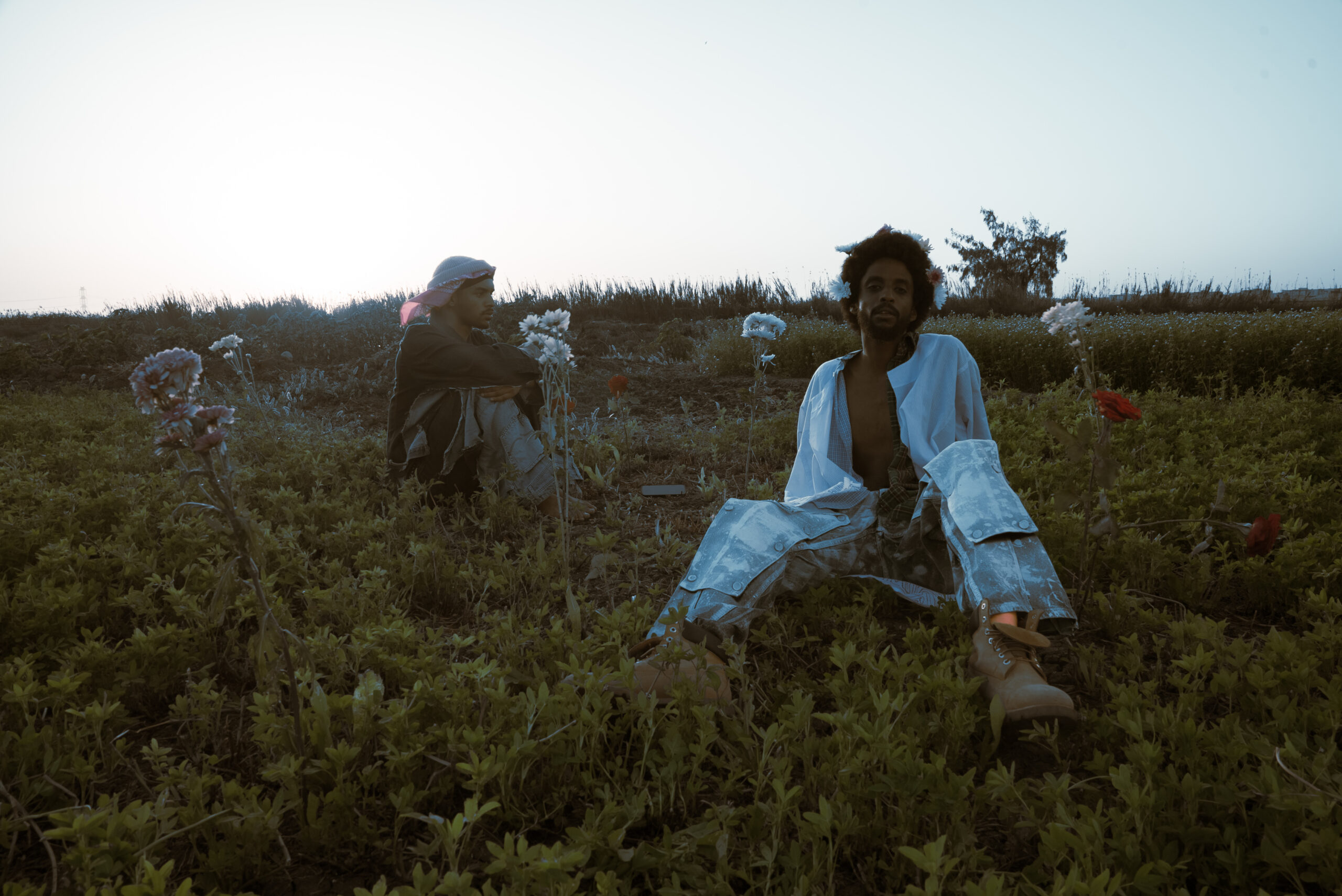
The EP was a breakthrough, but it was just the beginning. MaMan was part of Nuslang, and later formed “Young JustUs,” a group that eventually evolved into a label, under which he released “1991” – an album that echoed the love and suffering of the times. His music, deeply personal and reflective, culminated in “Shammasi,” an album that explored themes of depression, fear, isolation, and hope – mirroring Sudan’s own identity crisis.
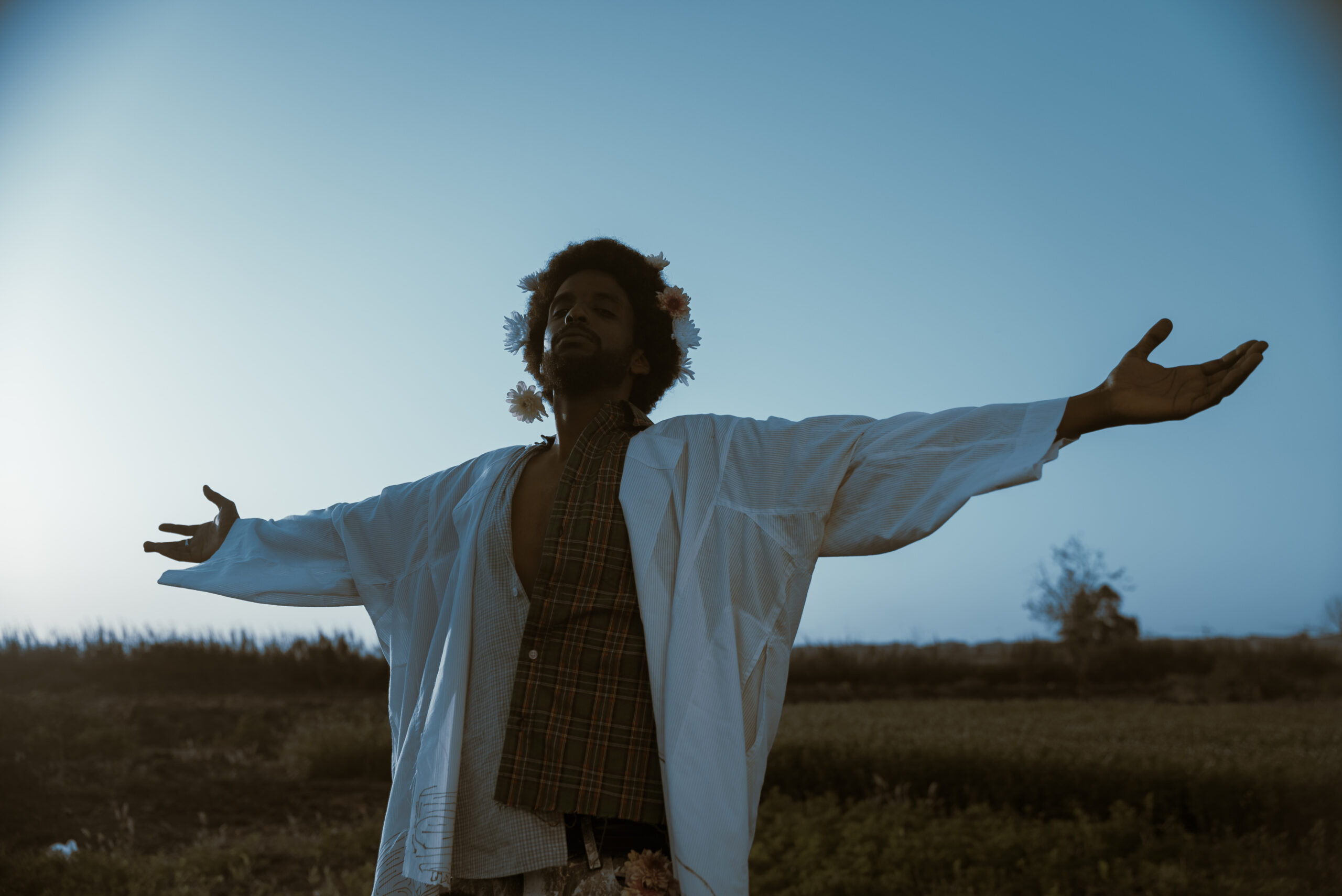
Music, for MaMan, is a deeply spiritual affair. “It’s something I’m fighting to keep in my life. And to make work with reality. I have to make it my bread and butter,” he affirms. “Music is equal to life and family for me.” This belief guided him through a three-year hiatus from music, a time for self-discovery and redefining his sound. This, however, was interrupted by war.
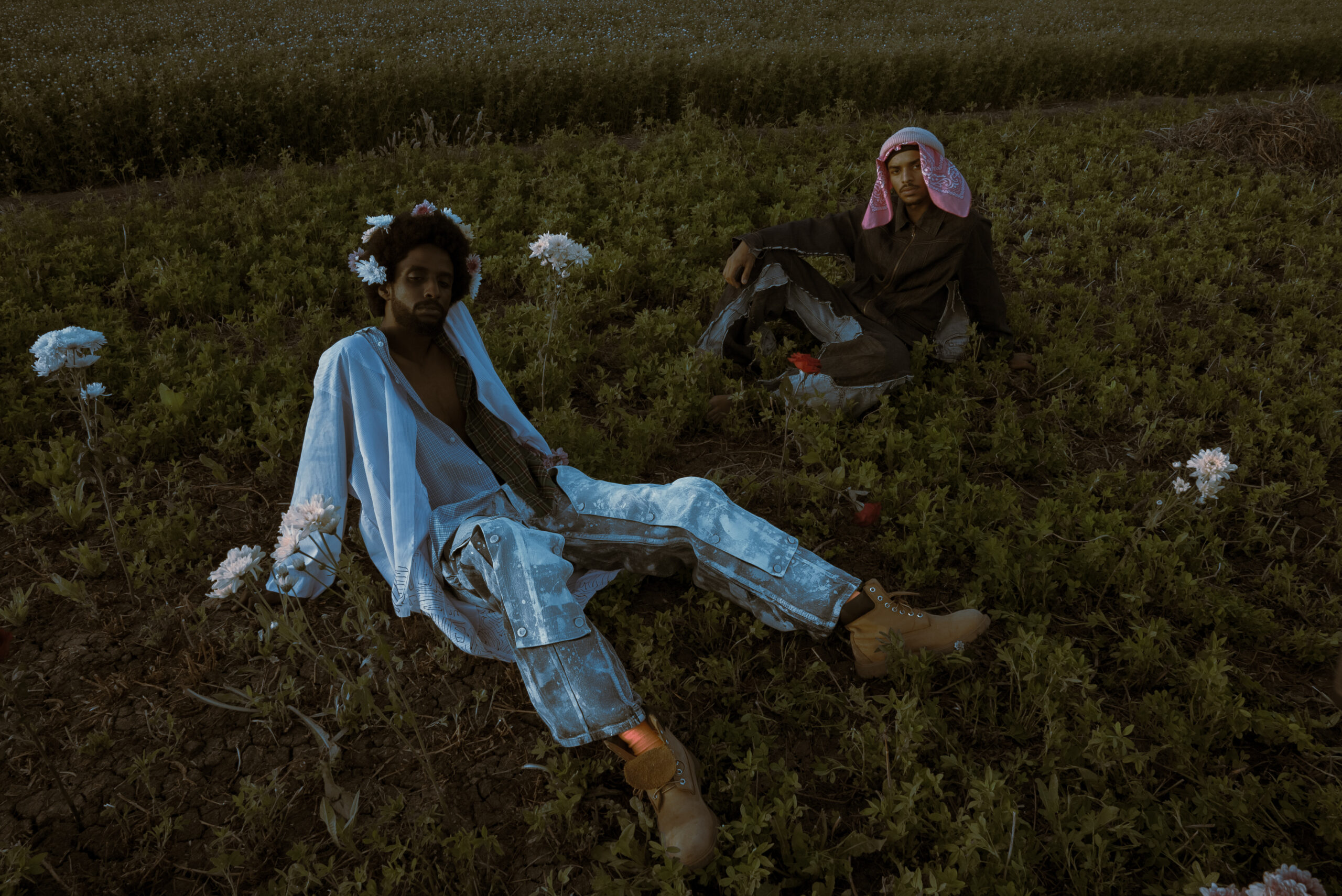
Amidst the upheaval, he managed to salvage some of his work, which he physically carried over to Egypt. The idea of releasing wasn’t so important then, but coming to Egypt, the past six months, were about releasing and processing what happened, he explains. MaMan’s new work is truly emblematic of his transition, both literally and metaphorically.
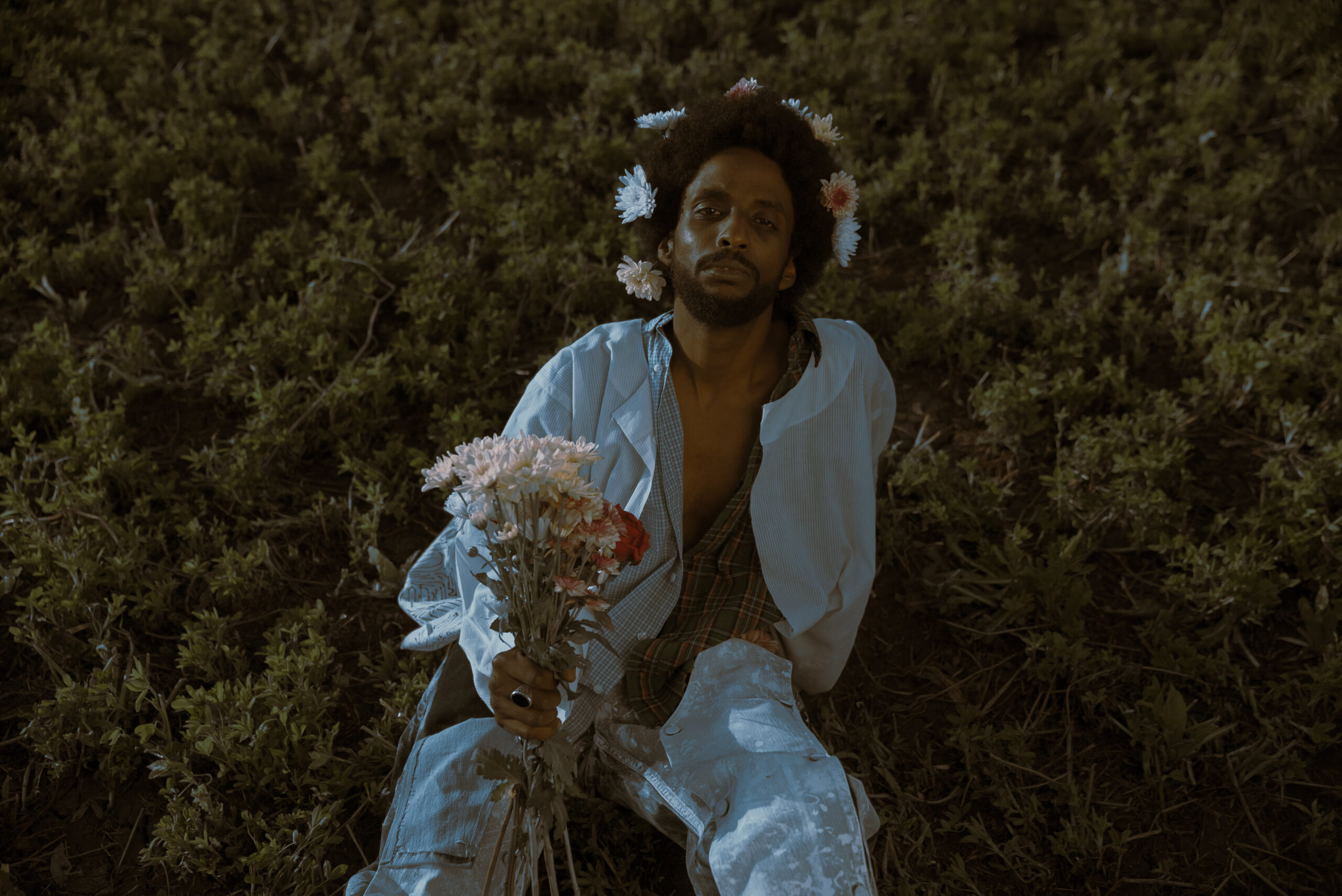
In this new phase of his life, MaMan continues to communicate through his music, “I speak to myself through this music, and it sounds like I’m speaking to myself, but maybe I am speaking to people, too.” Through all these transitions, MaMan has been guided by a philosophy that goes beyond music: “Always look through someone else’s perspective. It’s the best way to live selflessly.”
For more stories of regional music, visit our dedicated archives.
